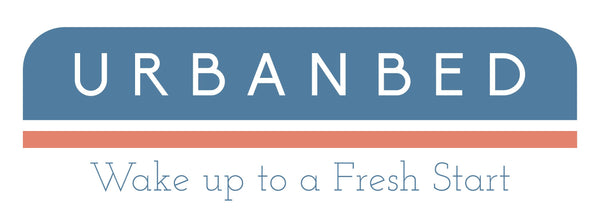Sleep is important as it plays a crucial role in helping strengthen the immune system. As per a report by NCBI, scientific data acquired over 15 years of research strongly suggest that sleep indeed helps enhance the immune defense, in agreement with the popular wisdom that ‘sleep helps healing’. While this doesn’t imply that sleeping more would prevent you from falling sick, skimping on it will adversely affect the immune system.
How does skimping sleep affect your immune system?
As proven by scientific research, sleeping helps the body heal wounds. The immune system’s response to infection and inflammation is due to a type of protein called cytokines, which is produced and released inside the body during sleep. So when you skip sleep, the body receives a double blow: the production of cytokines decreases and the immune system’s response to infection and inflammation gets weaker. Some studies even suggest that repeatedly skimping on sleep or chronic sleep deprivation can affect your body’s ability to respond to medicines
How taking naps can help boost your immune system?
Staying healthy is no more an option, it has become a necessity. Some studies suggest getting the recommended 7-8 hours of sleep every day to stay healthy. While saying that, we understand that 7-8 hours of sleep every day can be tough given the long working hours, stress and other factors but you can always take a short nap to make up for lost sleep. Though don’t take long naps, it could lower your life expectancy. As per an article published in Oxford Academic, naps lasting longer than one hour have been linked to an increased risk of death from all causes.
Don’t worry, a 30-minute long nap twice a day may be in the morning and afternoon will help reduce the negative effects of sleep deprivation on your immune system and keep it in a fighting shape. Taking naps will also help protect you from other health issues including heart disease, diabetes, and obesity.
P.S. If you can’t pull a 30-minute long nap, try the 20-minute long siesta during your lunch break or maybe during your working hours. Avoid naps or even siesta if you have trouble sleeping at night. Naps can get you through the day but might affect your sleep at night.
How to ensure you get enough sleep?
There are many ways to ensure adequate sleep. For instance, make a sleep schedule and stick to it. Sleep on a comfortable mattress that is also supportive. In most cases, lack of sleep is due to the use of an uncomfortable mattress. Even exercising regularly can help. If none of this works out, practice a relaxing bedtime activity to calm you down and help you fall asleep. A certain change in your diet such as adding melatonin-rich food items such as cherry juice, whole tart cherries, bananas, pineapple, and oranges, etc. in your diet can help you fall asleep faster and wake up less often during the night. If you still find it difficult to sleep, don’t hesitate to talk to your doctor.
Sleep and the circadian system i.e. the physical, mental and behavioural changes are strong regulators of the immunological processes. Moreover, many functions of the immune system display a strong synchrony with the regular 24-h sleep–wake cycle. So, developing a natural sleep cycle and following it strictly will help you stay strong and protect yourself from all kinds of diseases.

